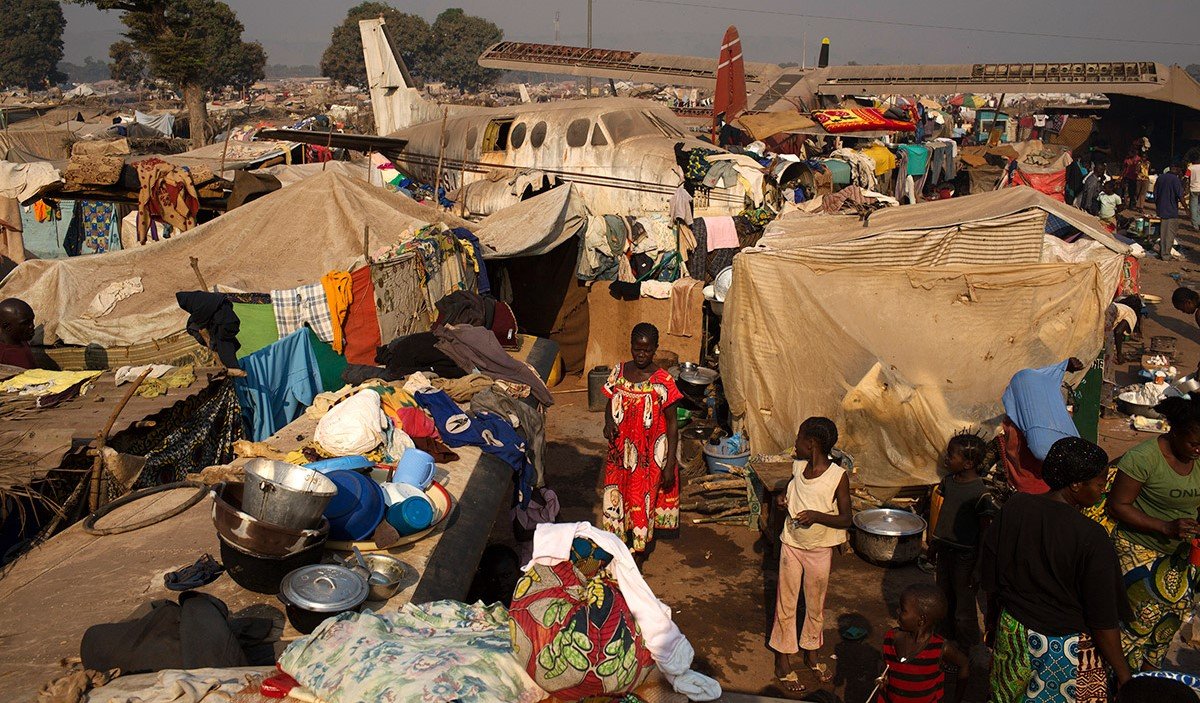FreedomAnalysis:
The recent praise for the arrival of the yellow machines in Liberia raises important questions that deserve careful consideration. While these machines may appear to be a gift or a beneficial investment, it is crucial to delve deeper and understand the true impacts on the people of Liberia.
It is a sobering reality that hundreds of thousands of Liberians are currently facing severe challenges, such as hunger, unemployment, and the inability to afford necessities like education for their children. The city itself is plagued by cleanliness issues, and many businesses are struggling to stay afloat. Additionally, the rising transportation costs are further exacerbating the economic hardships faced by the people.
Furthermore, reports suggest that individuals aligned with the political opposition are being dismissed from their jobs, while those who support the current administration are being hired at significantly higher salaries. This raises concerns about the fairness and transparency of the employment practices.
In this context, the celebration surrounding the yellow machines is questionable. While they may be perceived as a positive development, it is crucial to carefully scrutinize the details. Are these machines a gift, and if so, who is the donor? If they are being purchased, what is the cost, the source of the loan, the terms of payment, and who approved the loan? These questions must be answered to ensure that the investment in these machines is not diverting resources from the pressing needs of the Liberian people.
It is essential to remember that the true measure of a leader’s success lies in their ability to address the fundamental issues facing the population, such as hunger, unemployment, and access to education. Celebrating the arrival of the yellow machines without addressing these core concerns may only serve to exacerbate the suffering of the people in the long run.
As the people of Liberia look to the future, their leaders must prioritize their well-being and ensure that any investments or decisions made are in the best interests of the entire population, not just a select few. The time has come for a holistic approach that addresses the multifaceted challenges facing the country and its citizens.





